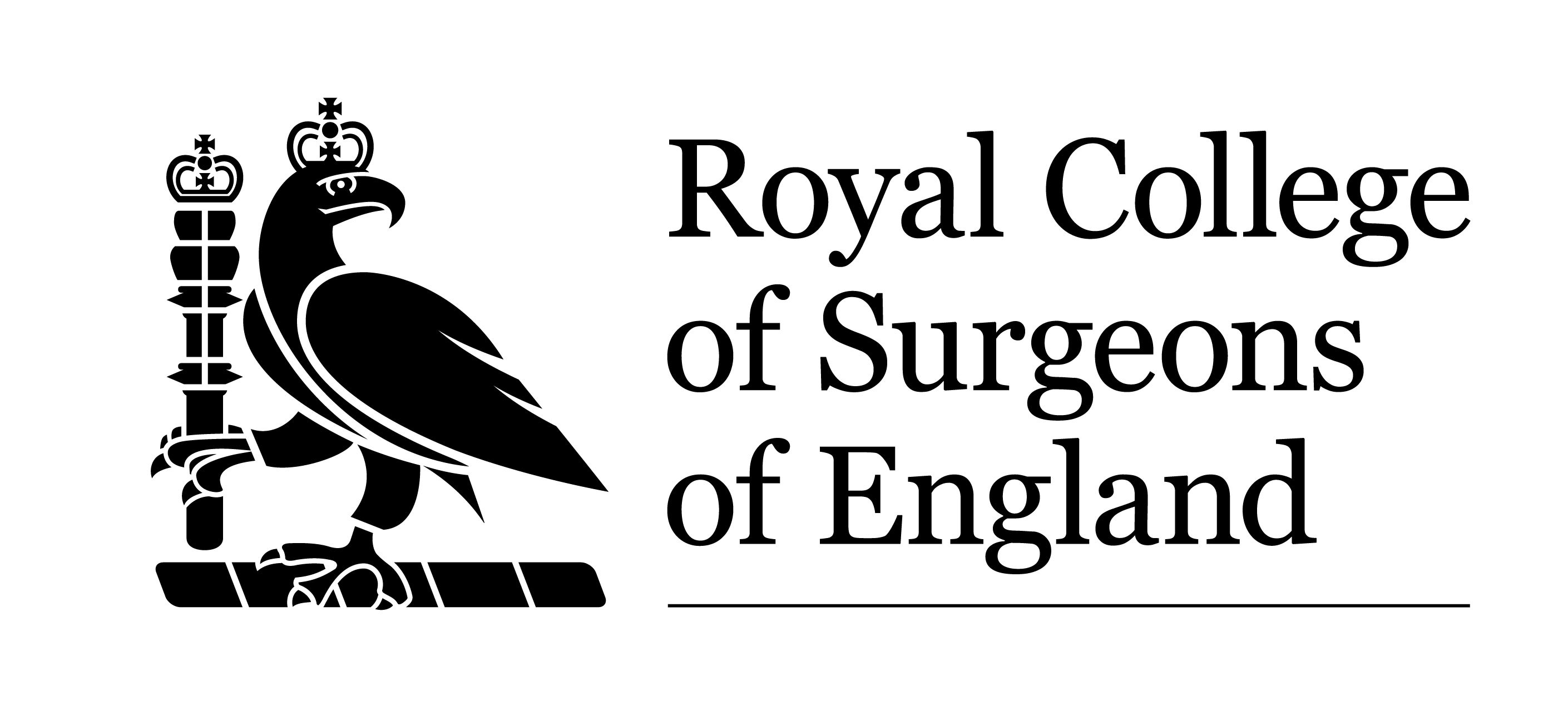An interview with Ekpemi Irune
.png/fit-in/700x9999/filters:no_upscale())
Your session at Future Surgery this year focuses on improving outcomes through digital technology. Tell us a bit about how integrating technology into existing ways of working supports clinical expertise?
It is important to clarify what improving outcomes references in this context. In regard to clinical care the priorities include timely access to expert care and sustainability of the workforce. Technology such as Proximie facilitates real time collaborative working so specialists are able to deliver medical and surgical care without delay regardless of their location in the world; in the case of equipping the surgeons of tomorrow, this tool supports access to training opportunities that may otherwise be missed and enhances the effectiveness and efficiency of surgical training. All of these are achievable by simply deploying Proximie for example within a surgical theatre or even in an emergency room.
In many areas of healthcare, and life more broadly, we have seen the use of technology rocket since the beginning of the pandemic. Has the use of technology in surgery been impacted by covid particularly, or has it remained on a similar trajectory?
The complexities posed by the COVID-19 pandemic were and still remain unprecedented. However, the challenges created by changes in working practices in the early periods necessitating distancing and reduced in-person service delivery provided the fertile earth for technology in healthcare to flourish. The pandemic, despite its tragedies, has accelerated innovation and the adoption of new ideas and ideals at a rate that can only be explained by a rapid culture shift borne out of necessity.
For example,Proximie, the software platform founded by Dr. Nadine Hachach-Haram, a Consultant Plastic Surgeon and Director of Clinical Innovation and Strategic Partnerships at Guy's and St Thomas' NHS, is now assisting over 17,000 procedures annually and is being used in every single surgical specialty. Proximie’s use is being hardwired into clinical pathways all over the world benefiting patients and clinical teams.
What do you think is the most important element of integrating technology into surgery and surgical training?
Ease of adoption is key: the tool must be able to deliver something novel. It has to be easily operated and aligned with existing technology within the surgical environment. Assessment and feedback which is a crucial aspect of training must be intuitive. Technology that slows down the tasks of the day are rapidly abandoned and thus, individuals creating these tools must ensure that user representatives make up their development and early trial teams.
From a business development perspective, these technologies do have to make financial sense especially when one considers the fiscal challenges faced in the NHS. A familiarity with and appreciation for benefits reporting, healthcare policies including local and global health systems is also essential. This skill will allow proactive adaptability of the tool in response to the ever changing landscape of healthcare needs.
At the heart of implementation of any system lie people - users and patients alike. Client facing technology representatives are instrumental in encouraging adoption especially in the early days. Thus, the ability to communicate succinctly and in a language that appeals to surgeons, managers and all stakeholders is as important as the tool itself.
Why do you think Future Surgery is a key part of the calendar for anyone in the surgical team with an interest in innovation?
It’s a brilliant opportunity for the wider surgical community to come together to share ideas and innovations that can ultimately benefit the patient. It’s also an event that highlights the impact of novel technologies within healthcare and the health economy. Future Surgery is also a reminder that as surgeons we never stop learning. The very best continue to look at new techniques that can better serve our patients, the workforce and our organisations.
What do you see on the horizon for technology and surgery?
As a practising surgeon, I’m always striving for the optimal patient outcome at every opportunity. Beyond personal skill and local resources, the ability to tap into an armamentarium of advice and direct input from my vast network of experts here in the UK and overseas is a privilege I enjoy. The right technology further supercharges these resources allowing me to deliver the best for my patients and contribute as a trainer to the workforce. This cannot be said for my counterparts in Low-Middle Income Countries. It is therefore not surprising that I see a role for technology in bridging this gap, enabling us, the privileged few, in the developed world to support the delivery of healthcare governance and services in less fortunate parts of the world. This, to me, is the defining jewel in the crown of innovations such as Proximie: connecting the world while democratising access to education and healthcare.
.png)
 Acute & General Medicine
Acute & General Medicine
 Anaesthesia & Critical Care
Anaesthesia & Critical Care


